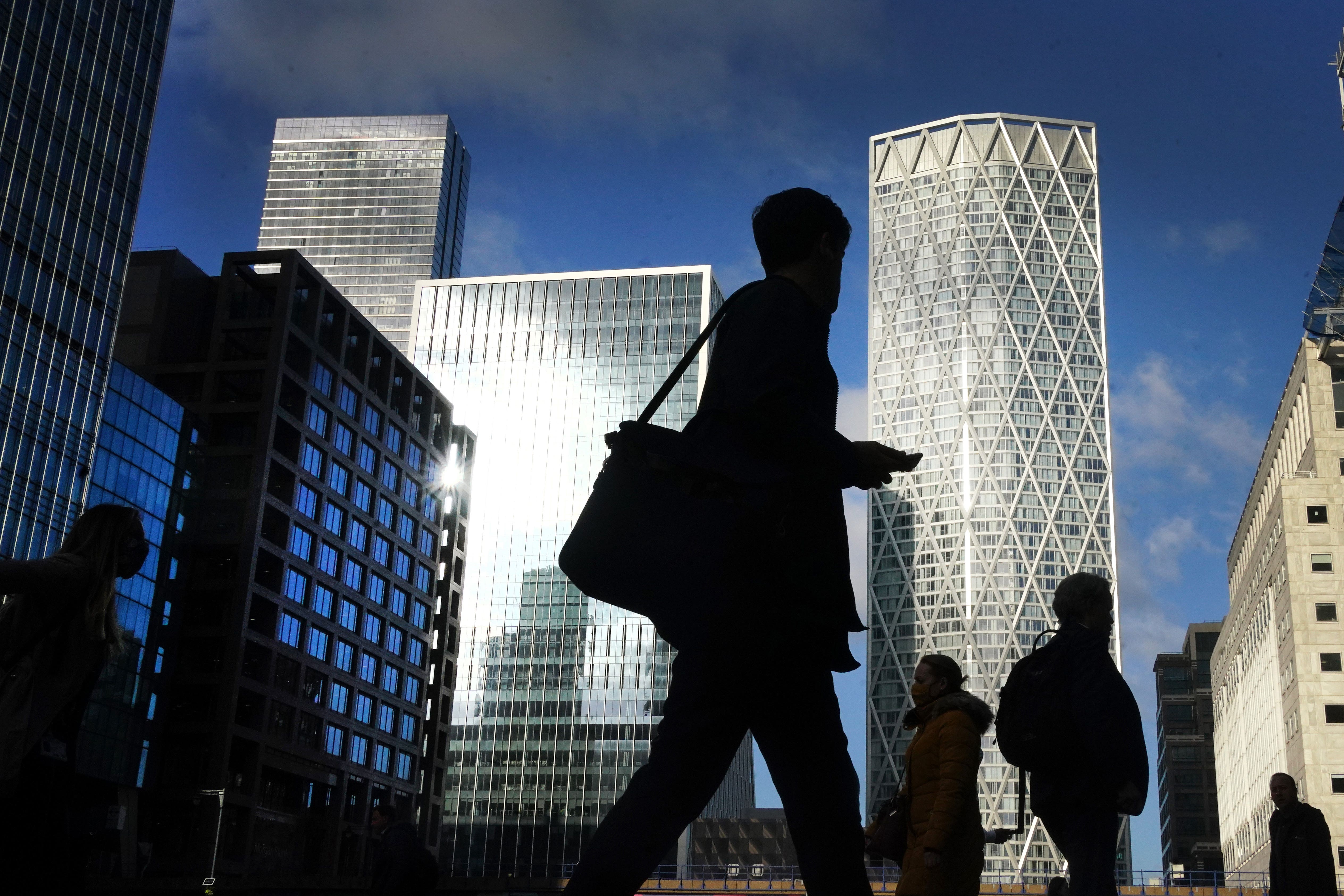UK economy declines by more than expected in July amid strike impact
Gross domestic product contracted by 0.5% in July, according to the Office for National Statistics.

Your support helps us to tell the story
From reproductive rights to climate change to Big Tech, The Independent is on the ground when the story is developing. Whether it's investigating the financials of Elon Musk's pro-Trump PAC or producing our latest documentary, 'The A Word', which shines a light on the American women fighting for reproductive rights, we know how important it is to parse out the facts from the messaging.
At such a critical moment in US history, we need reporters on the ground. Your donation allows us to keep sending journalists to speak to both sides of the story.
The Independent is trusted by Americans across the entire political spectrum. And unlike many other quality news outlets, we choose not to lock Americans out of our reporting and analysis with paywalls. We believe quality journalism should be available to everyone, paid for by those who can afford it.
Your support makes all the difference.The UK economy shrank surprisingly sharply in July as the health sector was impacted by further industrial action and retailers were knocked by wet weather.
Data from the Office for National Statistics (ONS) showed that gross domestic product (GDP) contracted by 0.5% in July.
It is the heaviest decline since December last year and comes amid concerns recent interest hikes and persistent inflation could stifle economic growth.
Economists had forecast a 0.2% decline for the month.
It came after a 0.5% monthly increase in June.
ONS director of economic statistics Darren Morgan said: “Our initial estimate for July shows that GDP fell; however, the broader picture looks more positive, with the economy growing across the services, production and construction sectors in the last three months.
“In July, industrial action by healthcare workers and teachers negatively impacted services, and it was a weaker month for construction and retail due to the poor weather.
“Manufacturing also fell back following its rebound from the effect of May’s extra bank holiday.”
The ONS said all three key areas of the economy – services, construction and production – declined in July.
Lower activity in the services sector was the biggest driver of the latest monthly slump, according to the statistics body.
It said the human health and social work activities sector recorded a 2.1% contraction for the month as a result of industrial action from NHS senior doctors and radiographers, as well an increase in strike days from junior doctors.
The education sector also recorded a 1.1% fall for the month, as the sector was impacted by two days of strikes.
Elsewhere, the retail and accommodation sectors also dipped as consumer sentiment was held back by poor weather.
However, the arts and entertainment industry had a stronger month because of a busy schedule of sporting events and “increased theme park visits”.
James Smith, developed markets economist at ING, said a recession – which means two consecutive quarters of decline – “can’t be ruled out”.
He said: “Cutting through the noise, the economy seems to be still growing, albeit fractionally.
“The change in activity over the past three months relative to the three months before is still slightly positive.
“We think the economy is likely to more or less flatline over coming quarters – and a mild recession can’t be ruled out.”
It comes ahead of a key Bank of England meeting next week, when members of monetary policy committee will vote on interests.
They are expected to increase rates from the current rate of 5.25% to 5.5% in their efforts to grapple inflation.
Chancellor Jeremy Hunt said: “Only by halving inflation can we deliver the sustainable growth and pay rises that the country needs.
“But there are many reasons to be confident about the future.
“We were among the fastest in the G7 to recover from the pandemic and the IMF (International Monetary Fund) have said we will grow faster than Germany, France and Italy in the long term.”
Labour’s shadow chancellor Rachel Reeves said: “Today is another dismal day for growth, and the British economy remains hostage to the Conservatives’ low growth trap that is leaving working people worse off.
“After thirteen years of instability, the Conservatives have left the British economy weaker and families having to cope with higher taxes, higher mortgages and higher food and energy bills.”